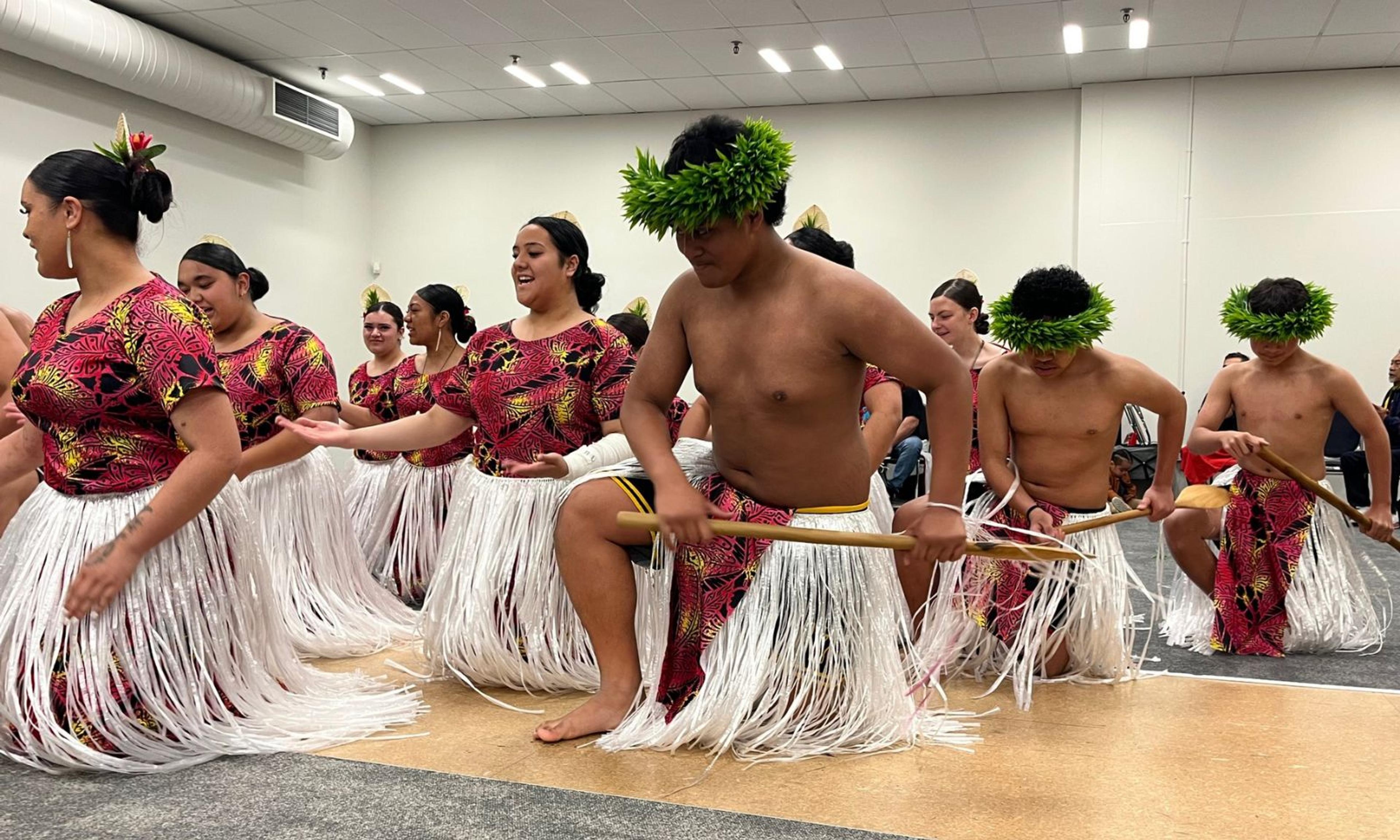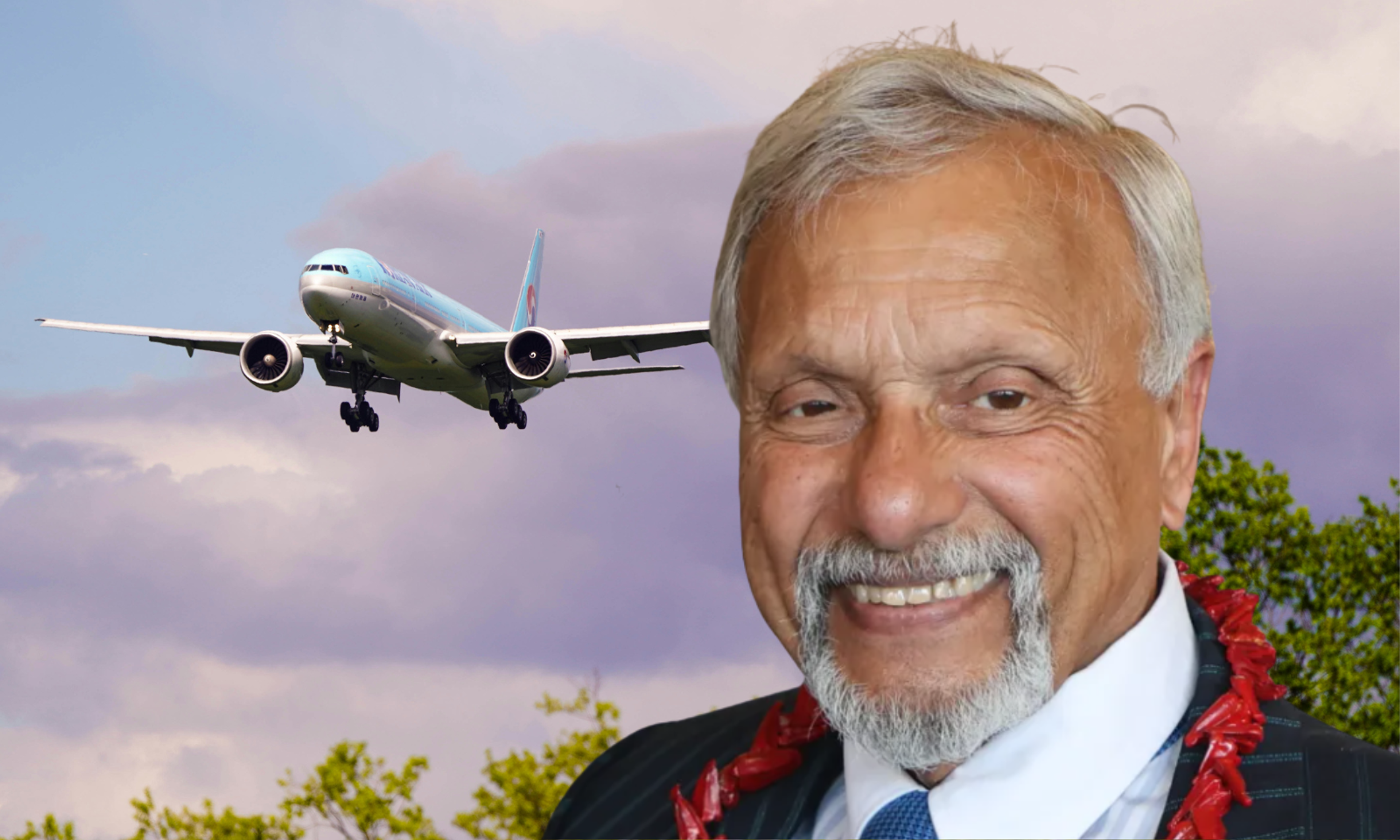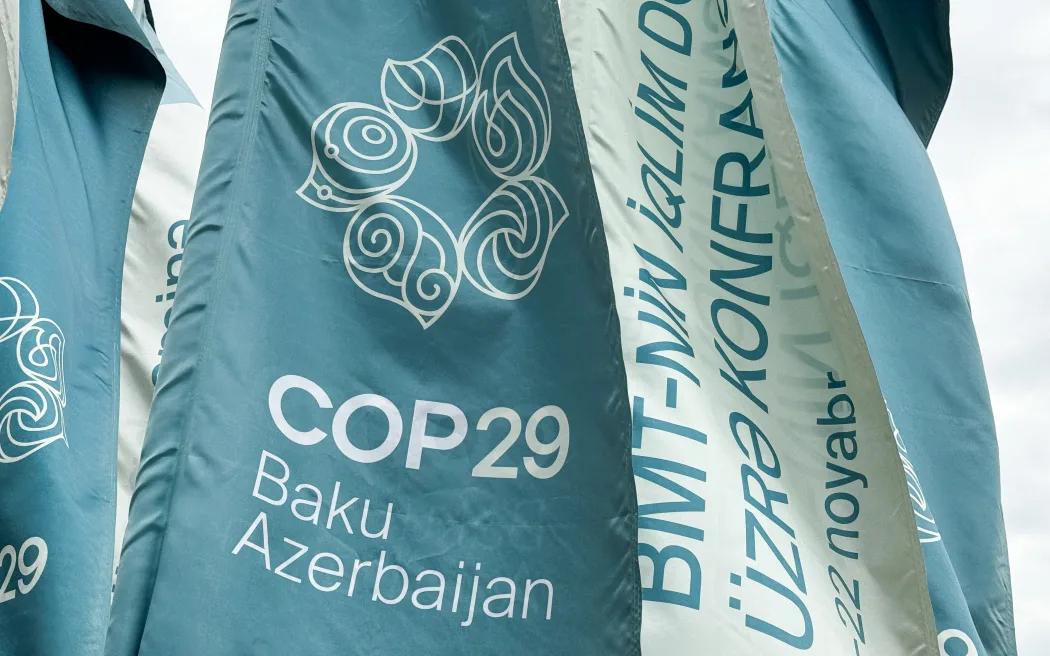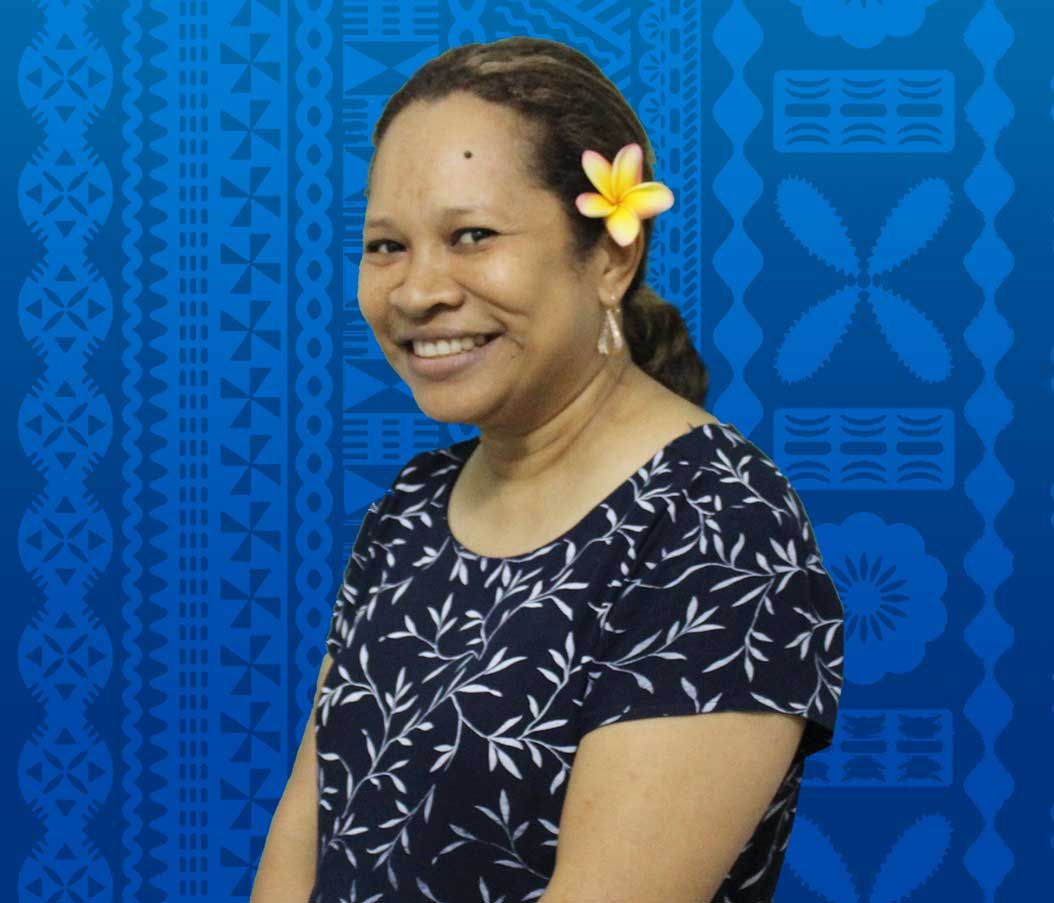

Canterbury University Professor Steven Ratuva is at the COP29, representing the largest study of climate adaptation in the Pacific region, the Pacific Ocean Climate Crisis Assessment (POCCA).
Photo/University of Canterbury
COP29: Pacific expert wants action through largest climate adaptation study
Steven Ratuva says it is essential to weave people’s voices and community narratives with scientific evidence to build a complete picture of the unique challenges and solutions the region faces.



PNG Kumuls vs Fiji Bati: Pacific pride on the line


Whānau Day 2025 aims to put Pacific, Māori youth on the tech map


PNG Kumuls vs Fiji Bati: Pacific pride on the line

The 29th Conference of Parties (COP29) is underway in Baku, Azerbaijan, the largest climate change conference in the world, and Pacific Island experts are not wasting any time.
University of Canterbury (UC) Professor Steven Ratuva is at the COP29, representing the largest study of climate adaptation in the Pacific region, known as the Pacific Ocean Climate Crisis Assessment (POCCA).
Led by the UC and the University of the South Pacific (USP), the three-year study involved more than 100 scholars and community experts from 16 Pacific Island Countries and Territories (PICTs).

COP29 logo is seen in Baku, Azerbaijan on 17 September 2024. Photo/RNZ/Jakub Porzycki
Through an interdisciplinary approach, the study examines the impact of climate change on communities in the Pacific, touching on various climate adaptation strategies such as household and village relocations already an implemented practice in the Pacific.
“Pacific people are bringing traditional knowledge and generations of resilience to the current challenges of climate change,” Ratuva said.
“It is essential we weave the people’s voices and community narratives with scientific evidence to build a complete picture of the unique challenges and solutions the region faces.”
POCCA team lead for USP, Dr Hilda Sakiti-Waqa, says the study will amplify Pacific voices on the international stage.

University of the South Pacific POCCA Project Leader Dr Hilda Sakiti-Waqa. Photo/The University of the South Pacific
“The Pacific has been living with its practices and knowledge over the years and has developed resilience to climate change,” she told the Fiji Broadcasting Corporation.
The study was launched at the conference on Monday, highlighting Pacific resilience while calling for urgent climate action from global leaders.
Ratuva will invite world leaders to continue these discussions at the 8th Adaptation Futures Conference in New Zealand next year.
The study was supported by funding from the Aotearoa New Zealand International Development Cooperation Programme, and administered by New Zealand’s Ministry of Foreign Affairs and Trade.
There are 14 Pacific Island parties to the United Nations Framework Convention on Climate Change (UNFCCC) and the Alliance of Small Islands States (AOSIS) including Cook Islands, Federated States of Micronesia, Fiji, Kiribati, Marshall Islands, Nauru, Niue, Palau, Papua New Guinea, Sāmoa, Solomon Islands, Tonga, Tuvalu, and Vanuatu.
Click here Pacific Ocean Climate Crisis Assessment for more information on the study.